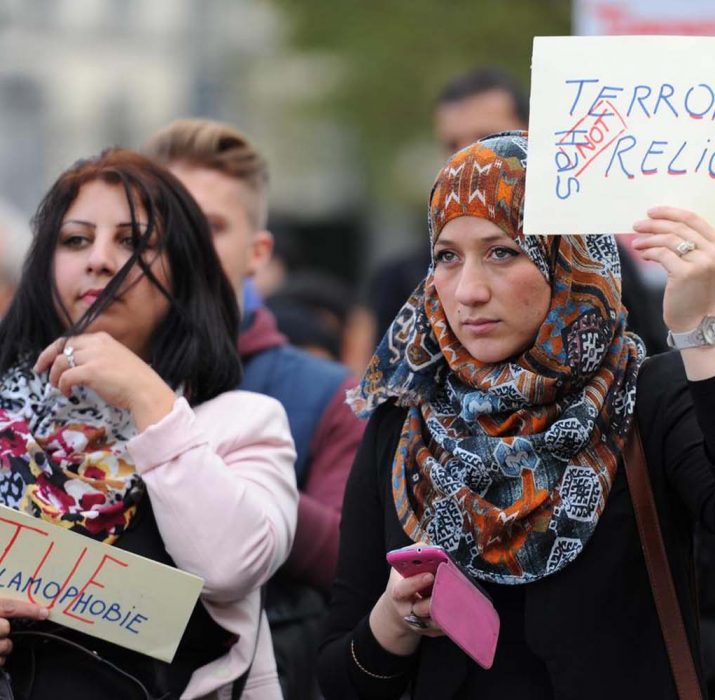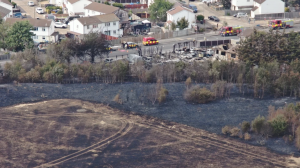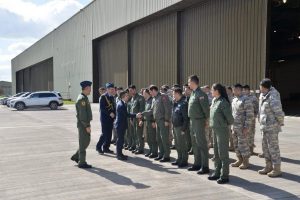“It’s hard to be a Muslim in the UK”
Islamophobia or anti-Muslim racism poses a growing threat to the democratic foundations of European constitutions and social peace as well as the coexistence of different cultures throughout Europe.

Islamophobia or anti-Muslim racism poses a growing threat to the democratic foundations of European constitutions and social peace as well as the coexistence of different cultures throughout Europe. Both civil society actors and states should acknowledge the seriousness of this issue and develop concrete policies to counter Islamophobia.
As the leading think tank in Turkey, SETA felt an urgent need to address this problem. In fact, there are still people denying the very existence of racism against Muslims. Many state and civil society institutions, from the Fundamental Rights Agency (FRA) to the countless civil society organisations throughout Europe, have done priceless work to prove and establish the opposite. Yet, institutions like the FRA publish only irregular reports on a restricted number of countries while most civil society organisations tackle racism in general and only few focus on Islamophobia in particular -this is the urgent gap our report wishes to fill.

The European Islamophobia Report (EIR) is an annual report, which is presented for the first time this year (http://www.islamophobiaeurope.com/reports/2015/en/EIR_2015.pdf). It currently comprises 25 national reports regarding each state and the tendencies of Islamophobia in each respective country. The current report features the work of 37 extraordinary scholars. This report aims to enable policymakers as well as the public to discuss the issue of Islamophobia with the help of qualitative data. At the same time, several of its unique characteristic features make a difference to the current state of the debate on Islamophobia. Studies on Islamophobia have in the past predominantly concentrated on Western Europe. This is especially the case with reports focusing on Islamophobia. The EIR is the first to cover a wide range of Eastern European countries like Serbia, Croatia, Hungary, Lithuania and Latvia. This will enrich the debate on racism in general and Islamophobia in Europe in particular.
The EIR documents and analyzes trends in the spread of Islamophobia in various European nation states. Every year on the International Day for the Elimination of Racial Discrimination (21 March), EIR will be published online and hardcopy and disseminated among leading stakeholders, politicians, NGO’s, and anti-racist organizations. The EIR is presented at the European Parliament and other important international and national institutions. One or more persons can author one report of his/her country of expertise. These reports will be also published online to be easily accessible. The full report will also be translated into Turkish. The executive office will disseminate the reports among key policy makers, journalists and NGO activists from the local, national and European level.
SETA will also be tackling the matter at an exclusive discussion at SOAS University in London, on 15 Dcember 2016 between 5.30 PM and 8.00 PM.









